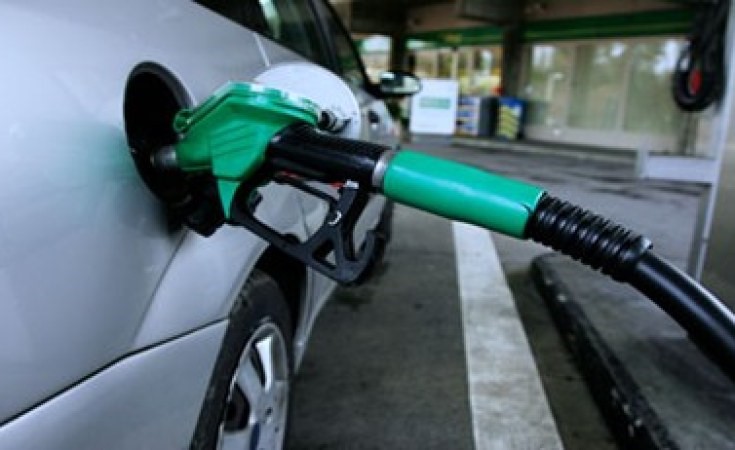By Bida Elly David
A surge in fuel prices in Juba has set off a domino effect, causing a sharp increase in the cost of essential commodities and placing a heavy burden on consumers.
The No. 1 Citizen Daily Newspaper conducted a market survey on Sunday, March 3rd, 2024, in Suk Libya, and the customs market in Juba city, revealing alarming price hikes for crucial food items.
The inflationary trend is primarily attributed to hyperinflation and the continuous weakening of the South Sudanese Pound against the US Dollar, despite the government’s unsuccessful attempts to curb the crisis.
Fuel Price Escalation
The price of both petrol and diesel has witnessed a substantial jump, soaring from 1,500 SSP to a staggering 2,200 SSP per litre. This significant increase in fuel costs has contributed to the ongoing economic turmoil, exacerbating the hardship faced by consumers across South Sudan.
The weakening value of the SSP against the US Dollar has played a significant role in this price surge, further aggravating the situation.
Despite the government’s efforts to stabilize the foreign exchange market, it continues to experience unprecedented volatility, leading to soaring inflation rates.
As of Sunday evening, the exchange rate stood between SSP 1650 and SSP 1750 per dollar in the parallel market.
This alarming disparity between the official rate and the parallel market has further weakened the purchasing power of South Sudanese citizens.
Burden on Consumers
The direct consequence of this economic upheaval is the burden placed on consumers. The skyrocketing fuel prices have had a ripple effect on the cost of essential commodities, making them increasingly unaffordable for the average citizen.
Food item market survey
Yesterday, 50 kg of beans were also sold at 100,000 SSP, up from 61,000 SSP last week; a bag of first-class maize flour rose from 42,000 SSP to 52,000 SSP; 50 kg of brown sugar skyrocketed from 60,000 SSP to 96,000 SSP; and white sugar rose from 96,000 SSP to 104,000 SSP.
Meanwhile, a box of salt sold for 18,000 SSP, up from 10,000 SSP last week; 20L of Jerricane cooking oil increased from 48,000 SSP to 50,000 SSP; a kg of beef is now sold for 9,000 SSP; and a kg of goat meat or mutton is sold for 10,000 SSP.
The commodity market continues to worsen further, and traders keep cultivating bundles of excuses to keep increasing prices even overnight to maintain their profit margins intact.
Topping those excuses this time around are transportation costs triggered by the obvious foreign exchange fluctuation.
Thomas Ezbon, a trader at the Munuki Libya market, attributed the price increase to the rising cost of transportation due to fuel price hikes.
He explained that he is forced to raise prices to compensate for transportation costs, adding that even if he owns a vehicle, the scenario is the same.
Ezbon anticipates further inflation due to the fluctuating exchange rate.
“As the dollar rises, we are also on the move to increase prices because none of us want to be affected by profit-making,” he stated.
Jamal Yusif, another trader, believes short-term solutions lie in tax exemptions.
“We need tax exemption to sometimes compromise with consumers; without this, forget about compromise,” he argued.
Abraham Mathoc, an economic analyst, emphasized the impact of unregulated dollar use and insufficient focus on domestic production.
“Using the dollar as a commodity by money or black-market speculators without monetary regulations is what causes serious inflation,” he submitted.
The economist stressed government intervention through controlling the free market.
“For how long will the government leave the market to run under a free system? Is it hard for them to deal with the money speculators?” He further questioned.
Mathoc also urges the government to prioritize local food production to diversify the economy, which entirely depends on imports.
“Promote agriculture to boost production,” the economist advised the government.
Dr. James Wani Igga, the Vice President for Economic Cluster, recently admitted that South Sudan’s economy is declining due to corruption in the oil revenue sector, financial difficulties in the public sector, and the ongoing crises in the global oil market.




